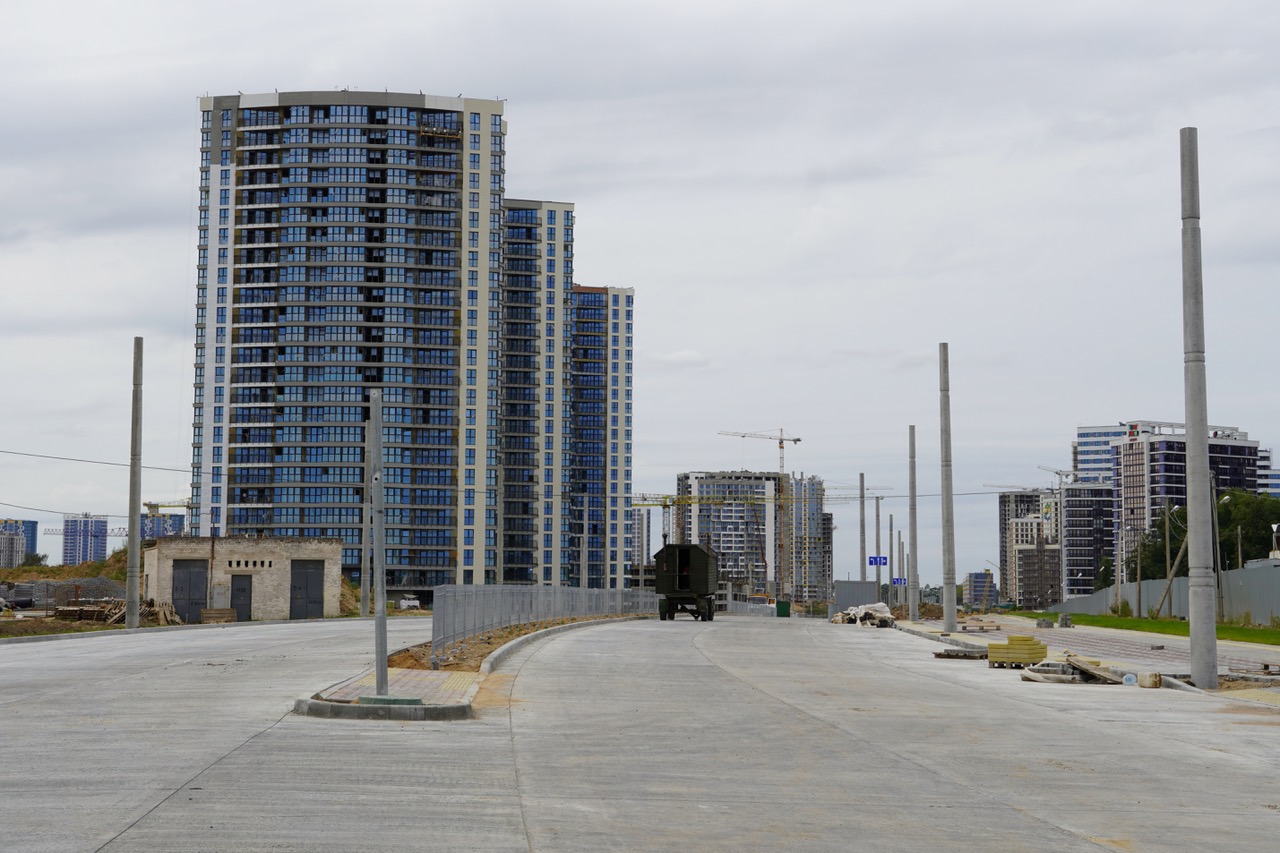PAST TALKS 2021
19 October 2021
Narratives of Sustainable Architecture: The German Forest as a Contested Territory
CLAUDIA NITSCHE
The Architectural Association
Respondent: Johanna Just (LUS, ETH Zurich)
![]()
The forest provides a large screen for projections and manifold symbolic meanings. With its dark and shadowy character, it has been conquered in the history of ideas many times and fo different reasons. Especially in German culture, it was idealized with the myth of a 'German' forest that was reflected in the literature and paintings of the romantic epoch as well as in fairy tales of the 19th century. Furthermore, the "German" forest functioned as a symbol of national identity and became a major element of the blood and soil ideology of National Socialism. In the background of this narrative, there was a tremendous economic interest in the forest through scientific observation in the 18th century where the German mining administrator Hans Carl von Carlowitz coined the term sustainability (1713). Regarding the socio-economic context in which the term emerged, this thesis critically questions the narrative on sustainabilit and the subsequent discourses in architecture. Interestingly, before today's modern forest emerged, there was an idea of the forest as common land since medieval times. As a gift from God, it served as a resource to which peasants had access to. The dependency on this primary resource was existential, and with the increasing need for energy at the dawn of the Industrial Revolution, the forest became eventually a highly political object. Therefore, new forms of sovereign control were established through th implementation of new forest reforms. As a commodity which outcome had to be maximized, the forest was measured, privatized and traditional common use rights were denied, which le to violent clashes over these exceptional territories. In this thesis, these contested territories will be examined regarding their ownership and accessibility to them, starting with case studies on the exceptional territories of monasteries because of the secularization of the church that took place at the beginning of the 19th century.
19 October 2021
Narratives of Sustainable Architecture: The German Forest as a Contested Territory
CLAUDIA NITSCHE
The Architectural Association
Respondent: Johanna Just (LUS, ETH Zurich)

The forest provides a large screen for projections and manifold symbolic meanings. With its dark and shadowy character, it has been conquered in the history of ideas many times and fo different reasons. Especially in German culture, it was idealized with the myth of a 'German' forest that was reflected in the literature and paintings of the romantic epoch as well as in fairy tales of the 19th century. Furthermore, the "German" forest functioned as a symbol of national identity and became a major element of the blood and soil ideology of National Socialism. In the background of this narrative, there was a tremendous economic interest in the forest through scientific observation in the 18th century where the German mining administrator Hans Carl von Carlowitz coined the term sustainability (1713). Regarding the socio-economic context in which the term emerged, this thesis critically questions the narrative on sustainabilit and the subsequent discourses in architecture. Interestingly, before today's modern forest emerged, there was an idea of the forest as common land since medieval times. As a gift from God, it served as a resource to which peasants had access to. The dependency on this primary resource was existential, and with the increasing need for energy at the dawn of the Industrial Revolution, the forest became eventually a highly political object. Therefore, new forms of sovereign control were established through th implementation of new forest reforms. As a commodity which outcome had to be maximized, the forest was measured, privatized and traditional common use rights were denied, which le to violent clashes over these exceptional territories. In this thesis, these contested territories will be examined regarding their ownership and accessibility to them, starting with case studies on the exceptional territories of monasteries because of the secularization of the church that took place at the beginning of the 19th century.
***
Minsk: Neoliberal Shift in the Model Socialist City
Minsk: Neoliberal Shift in the Model Socialist City
DASHA KULETSKAYA
RWTH Aachen / ETH Zurich, gta
Respondent: Marija Maric (Université du Luxembourg)

This research is situated within the critical theory of neoliberalism; it investigates current development on the housing market in Minsk and argues that the former ‘model city of socialism’ is currently experiencing a neoliberal shift in housing. Taking one major recent housing development as an example, I will show the interconnection of housing-as-policy, housing-as-market, housing-as-finance, and housing-as-design. I argue that the strive for profit maximization reshaped the urban layout and architecture of this development, which can be read as the built evidence of recent economic and political transformation. Furthermore, I argue that architecture is not just a built manifestation of this transformation. As a professional practice, it contributes to this change in a twofold manner: by deploying its’ design expertise to extract maximum profit from the urban space and by providing seductive visual material to sell this space to the population, both as real apartments and as a political project.